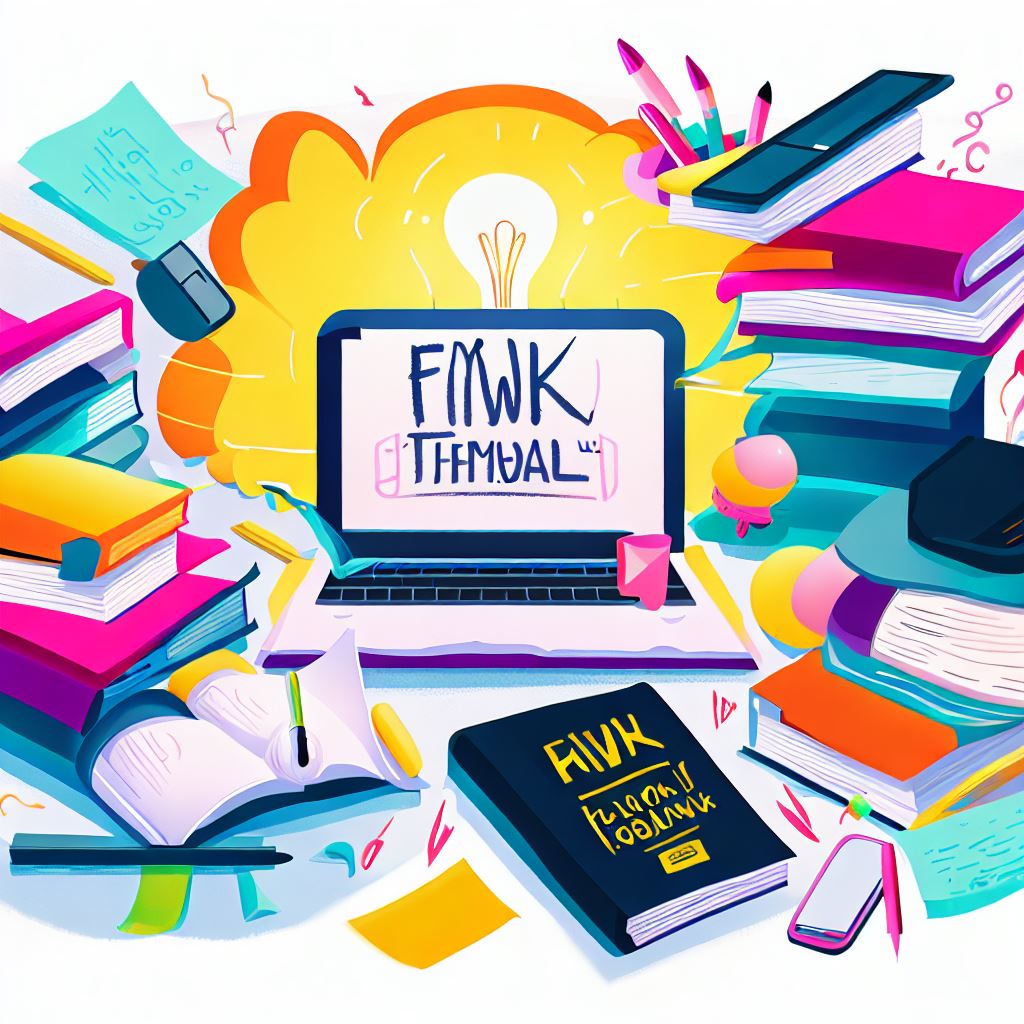
Final Exams: Top Revision Techniques Revealed
In today's competitive academic landscape, "how to revise for final exams effectively" is a query echoing in many minds. Students, educators, and even concerned parents are on a quest for techniques that genuinely work. Whether you're a university scholar or a high school student facing board exams, this article dives deep into scientifically-backed revision techniques that promise success.
The Science Behind Effective Revision
Studies reveal that the brain doesn't just rely on repetition. The methods adopted and the environment cultivated play pivotal roles in how information is retained.
Exam Preparation: It's More Than Just Reading
-
Active Recall: Engaging with the material rather than passively going over it. Testing oneself repeatedly is shown to improve memory retention.
-
Spacing: Distributed practice or spacing your study sessions rather than cramming is proven to enhance long-term memory.
-
Varied Learning: Incorporating different study methods like reading, writing, and discussing enhances understanding and retention.
"I always believed cramming the night before was the key, but spacing out my revision over weeks made such a difference!" — testimonial from a university student who adopted varied learning.
Benefits and Drawbacks of Different Revision Techniques
-
Mind Mapping:
- Benefit: Helps visualize connections between concepts.
- Drawback: Can be time-consuming.
-
Flashcards:
- Benefit: Portable and excellent for active recall.
- Drawback: Might not be suitable for understanding complex concepts.
-
Group Study:
- Benefit: Allows for discussion and different perspectives.
- Drawback: Can become a distraction if not structured.
Time Management: The Backbone of Revision
Establishing an efficient study schedule for final exams is paramount.
- Start Early: Begin your revision weeks, if not months, in advance.
- Breaks are Vital: Incorporate short breaks to maximize concentration during exam revision. It employs the Pomodoro technique – 25 minutes of concentrated work followed by a 5-minute break.
- Tackle Tough Subjects First: Your cognitive abilities are sharper during the start of your revision.
In a case study involving high school students, those who followed a structured revision schedule reported 60% better retention than those who didn't.
Caring for Your Mind and Body
While techniques to improve memory retention for tests are vital, so is your well-being.
- Physical Activity: Even short walks can boost cognitive functions.
- Diet: Foods rich in Omega-3 fatty acids, like fish and nuts, improve brain function.
- Sleep: A solid 7-8 hours sleep enhances memory and concentration.
"During my board exams, I ensured I got my daily walk and enough sleep. Not only did I feel refreshed, but I also remembered my material better!" — a testimonial from a high school student.
Revision Boosters: Resources and Tools
Harnessing the digital age for revision:
-
Apps:
- Anki: For flashcards.
- Forest: For staying focused.
-
Websites:
- Quizlet: For creating personalized quizzes.
- Khan Academy: For understanding tough concepts.
In Conclusion:
Remember, the key to effective test review isn't just about the hours you put in, but the quality of those hours. Cultivate an environment conducive to studying, employ varied learning techniques, and ensure you take care of your mental and physical well-being. With these techniques in your arsenal, success is not just possible; it's probable.
Learn form this Story:
|
Imagine you're an athlete, training for the biggest event of your life. You wouldn't just randomly run around the track, hoping to get fit. Instead, you'd follow a structured training plan, ensuring every lap, every weight lifted, every stretch you make, counts. Similarly, preparing for your finals isn’t just about how many hours you put in, but how effectively you use each minute. Let’s embark on this enlightening journey of acing exams with proven techniques. Sarah's Dilemma: Where Many BeginSarah, a college sophomore, often found herself cramming all night before exams, sipping countless cups of coffee. She'd read and re-read her notes but couldn’t recall much the next day. Sounds familiar? The Turning Point: A New Approach to RevisionSarah's elder brother, an academic achiever, introduced her to the magic of Active Recall. Instead of just reading her notes, she began testing herself, quizzing her understanding. The results? A boost in memory retention. Alex’s Adventure: Exploring Various TechniquesAlex, Sarah's best friend, was a fan of colorful, intricate Mind Maps. They were his treasure maps, leading him through the maze of complex subjects. However, he realized they weren't the best when racing against time. So, he combined mind maps with Flashcards for quick, effective revisions. Both Sarah and Alex discovered the Spacing Technique. Instead of marathon study sessions, they adopted short, focused study bursts, giving their minds the rest it deserved in between. Time: The Treasure We Often WasteRemember our athlete analogy? Timing is crucial. Both Sarah and Alex started their revision well in advance. They followed a strategy:
The Unseen Aspect: Mental and Physical Well-beingLucy, a senior and a mentor to many, always emphasized holistic preparation. She believed that our mind and body were interconnected. She'd often say, "A jog today will help your brain run better tomorrow." This wasn’t just her belief but was backed by studies! Regular Physical Activity, a balanced Diet, and adequate Sleep were her three pillars of exam success. Magical Tools:One evening, while hanging out in the campus cafe, Lucy introduced Sarah and Alex to her modern genies: Revision Apps. Anki became their flashcard friend, and Forest kept their focus intact. Websites like Quizlet and Khan Academy acted as personal tutors, explaining the tough stuff. Final WordExams are a race, a challenge. But with the right techniques, supportive friends like Sarah, Alex, and Lucy, and a few digital genies, it’s a race you're equipped to win. So, as you approach your final exams, remember to train smartly, not just hard. Give your brain the right fuel, the right rest, and the right tools. The finish line isn't that far. You’ve got this! |


